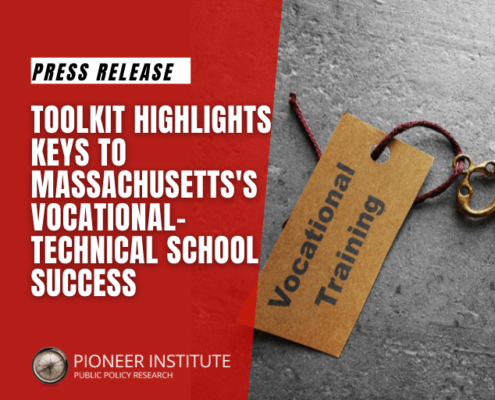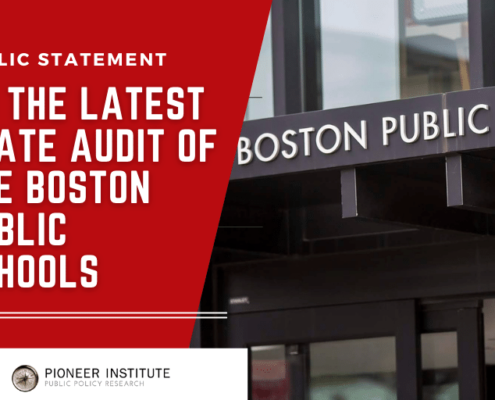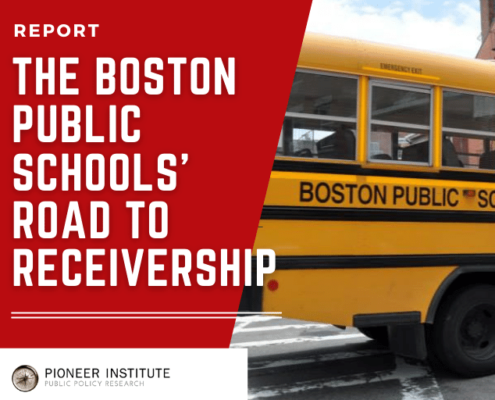Op-ed: Mass. has to return to its high standards for education
/0 Comments/in Featured /by Editorial StaffIts 25th anniversary is an appropriate time to reflect on the success of Massachusetts’ 1993 Education Reform Act. Yet instead of rededicating ourselves to all the work still to be done, the Commonwealth seems to be turning away from the core principles of an approach that brought unprecedented success.
In the early 1990s, Massachusetts’ broken educational standards and financing system were in urgent need of reform. Wide funding disparities existed between wealthy suburban districts and poor urban and rural ones. Due to the misguided practice of social promotion, students frequently graduated from high school without the academic preparation to succeed in college or the workplace. Parents who desperately sought alternatives for children trapped in failing public schools had few options.
The 1993 act included comprehensive measures to address these challenges. We are proud to have played central roles in the creation of this law in our former positions as governor and Senate chair of the Legislature’s Joint Education Committee. Read the rest of this op-ed in The Boston Globe.
Check out our related analysis and commentary:

Poll Finds Charter Schools Widely and Broadly Popular in Massachusetts

Study Urges Massachusetts to Embrace Innovative School Models

Poll Finds Strong Majority of Massachusetts Residents Support Restoring U.S. History MCAS Graduation Requirement

Two Stars in a Glowing Voc-Tech Education System

Toolkit Highlights Keys to Massachusetts’s Vocational-Technical School Success

Book Finds Massachusetts Voc-Tech Schools Are National Model, Calls for Expansion

METCO Works Well, Small Tweaks Could Make It Even Better, Study Says

Pioneer Institute Statement on the Latest State Audit of the Boston Public Schools

Study Finds Continued Growth in Education Tax-Credit Scholarship Programs

Study Recommends State Receivership for Boston Public Schools

New Study Shows What Works for Civics Education

Study Finds Massachusetts Would Benefit from Adopting Education Savings Accounts

Virtual Learning Grows During COVID

Pioneer Institute Files Amicus Curiae Brief in U.S. Supreme Court School Choice Case

Study: After Years of Steady Increases, Homeschooling Enrollment Rose Dramatically During COVID

Poll Finds Mixed Views About Schools’ Pandemic Performance

Study: Systemic Failure in IDEA Implementation for Private School Students with Disabilities in Additional States




